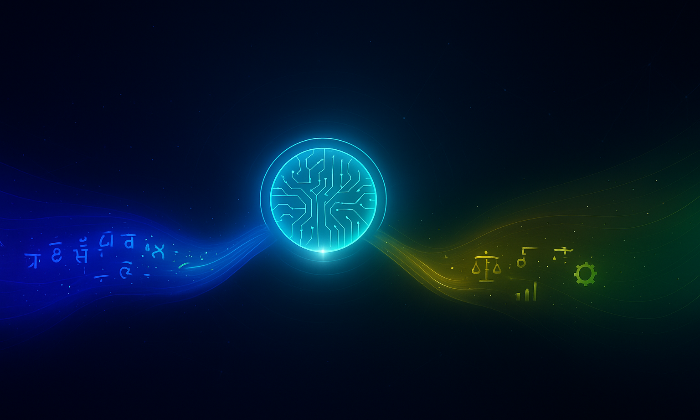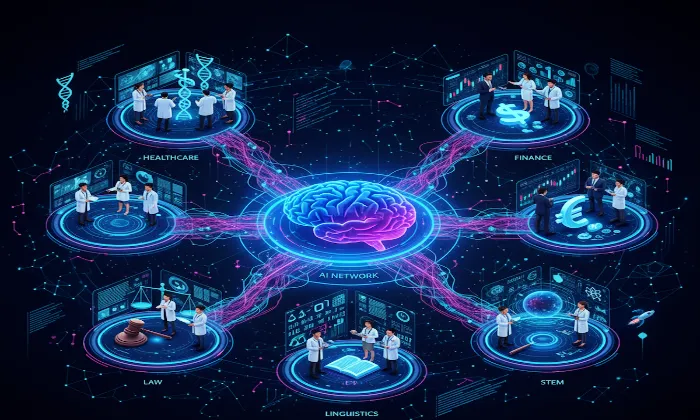Can conversational AI detect emotional or behavioral cues in patients?
Emotion Detection
Healthcare
Conversational AI
Conversational AI in healthcare is evolving to not only engage with patients but also to understand their emotional and behavioral cues. This capability significantly enhances patient care, enabling more personalized responses and supporting mental health assessments.
Why Detecting Emotions and Behaviors Matters in Conversations
Recognizing emotional and behavioral cues is crucial in healthcare for several reasons:
- Enhanced Patient Understanding: By detecting emotions, healthcare professionals and AI systems can better assess a patient's mental state, leading to improved diagnosis and treatment plans. For instance, identifying anxiety in a patient's speech may prompt a different approach compared to a calm demeanor.
- Empathy in Communication: Emotional detection allows AI to provide empathetic responses, creating a supportive environment, especially in telehealth settings where physical presence is lacking.
How Conversational AI Detects Emotions
Conversational AI utilizes several techniques to detect emotional and behavioral cues:
- Natural Language Processing (NLP): NLP analyzes conversation content to identify emotional keywords and phrases. For example, words indicating stress or fear can trigger AI alerts.
- Sentiment Analysis: This technique evaluates the sentiment of a conversation by analyzing speech tone and inflection. Understanding whether the sentiment is positive, negative, or neutral helps AI gauge emotional states accurately.
- Paralinguistic Features: AI assesses vocal nuances such as pitch, tone, and pace. Changes in these features often correlate with emotions. Rapid speech may suggest anxiety, while a slower pace might indicate sadness.
- Contextual Analysis: Using information from past interactions, AI can better interpret current emotional states, tailoring responses more effectively.
Real-World Applications and Use Cases
- Telehealth Platforms: Conversational AI assists healthcare providers in recognizing emotional cues remotely, enhancing virtual consultations.
- Mental Health Support: AI tools can monitor patients' emotional changes over time, offering insights that support mental health interventions.
- Patient Engagement: By understanding emotional states, AI can enhance engagement strategies, improving adherence to treatment plans.
Challenges and Considerations in Emotional Detection
While promising, emotional detection in conversational AI presents challenges:
- Privacy Concerns: Handling emotional data requires strict adherence to privacy regulations like HIPAA and GDPR to protect patient confidentiality.
- Accuracy and Cultural Sensitivity: AI must be trained on diverse datasets to accurately detect emotions across demographics and cultures. Without this, there is a risk of misinterpretation.
- Human Oversight: Although AI enhances emotional detection, human judgment remains crucial, particularly in complex emotional scenarios.
Transforming Healthcare with Emotional Detection Capabilities
Integrating emotional detection into conversational AI is transforming healthcare by fostering more compassionate and effective patient experiences. As AI technologies advance, the focus should be on augmenting human interaction, not replacing it. By leveraging AI’s capabilities while respecting human emotions, healthcare providers can significantly enhance patient care.
By focusing on these capabilities, FutureBeeAI can provide a robust foundation for developing AI systems that understand and respond to emotional cues in healthcare settings. For projects requiring expertise in conversational AI and emotional detection, FutureBeeAI offers tailored solutions that align with global privacy standards and ethical guidelines.
Smart FAQs
Q. How does emotional detection improve patient care in telehealth?
By recognizing patients' emotional states, telehealth platforms can offer more empathetic interactions and tailored care, crucial when physical cues are absent.
Q. What role does data diversity play in effective emotional detection?
Diverse datasets ensure AI can accurately interpret emotional cues across various cultures and demographics, enhancing its effectiveness in patient interactions.
What Else Do People Ask?
Related AI Articles
Browse Matching Datasets
Acquiring high-quality AI datasets has never been easier!!!
Get in touch with our AI data expert now!








